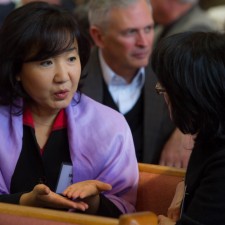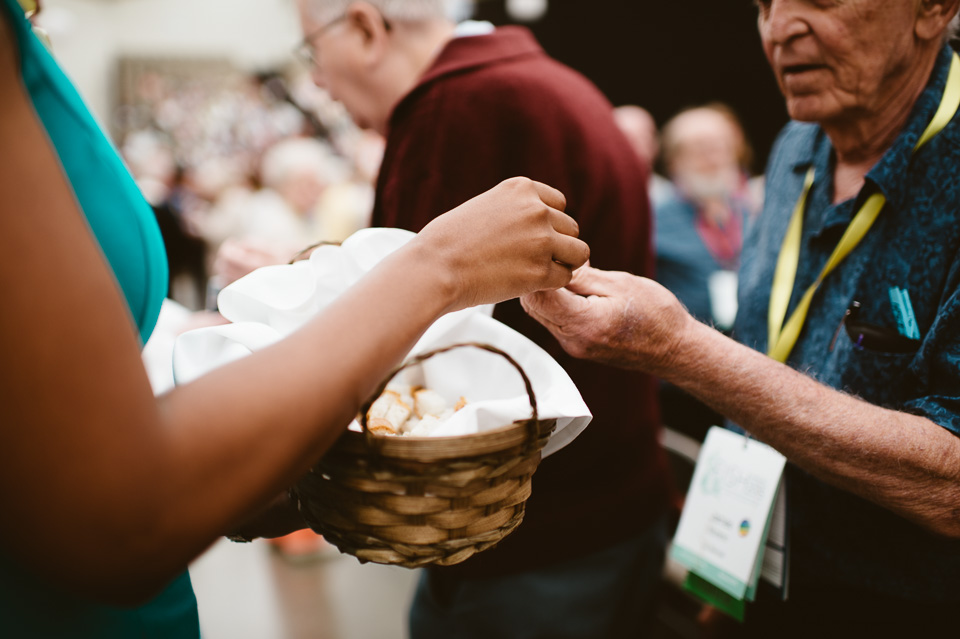The Roles of a Pastor in the United Methodist Church
The Roles of a Pastor in the United Methodist Church
Elder
Elders are ordained United Methodist clergy. They perform all the duties in the life of the church. Assigned and appointed by the Bishop, they are voting members of the annual conference. An elder takes the route of higher education by attending seminary and receiving a Masters of Divinity. There are 13 United Methodist seminaries in the U.S. Familiarize yourself with the journey to elder here.
Deacon
Deacons are ordained United Methodist clergy called to a diverse ministry, often out-side the church. They can serve a church, and also work in places like hospitals, mission locations, schools, or counseling centers. Deacon is a lifetime ministry of service, love, compassion, and justice that nurtures spiritual growth. Learn more about being a Deacon here.
Local Pastor
If seminary isn’t an option, local pastor may be the path to explore. A local pastor per-forms all the duties to lead a congregation. This includes worship and liturgy, performing the sacraments of marriage, baptism, and Holy Communion; burial and confirmation. Their authority is limited to the congregation they serve and they are not ordained. A local pastor requires licensing by completing a course of study, and meeting annual conference requirements. Learn more here.
Board of Ordained Ministry (BOOM)
The Board of Ordained Ministry serves as the resource for nurture and guidance for persons seeking to discern God’s call, as well as for those actively living out that call in the context of the Annual Conference. Toward this end the Board attends to the candidacy process, cares for changes in clergypersons’ Conference relationship, and encourages clergy effectiveness. Words like discernment, journey, and covenant, pervade our work. We are blessed to participate in God’s sacred movement in our midst.
For more information, please contact:


